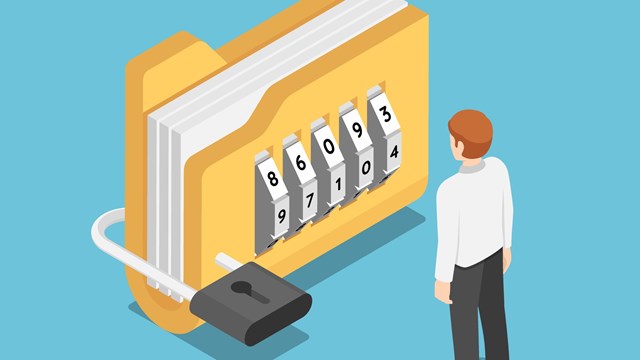—Miffed in Mount Vernon
“Co-op boards have great discretion under the business judgment rule to determine when delinquent maintenance accounts are sent to collection. You should look at your proprietary lease to see when the co-op is permitted under the proprietary lease to serve you with a notice to cure based upon unpaid maintenance (warning-most proprietary leases contain a conditional limitation allowing the co-op to terminate the lease if the maintenance payments or other charges are not paid). If the lease allows the co-op to serve you with a notice to cure if you are one month in arrears, then sending you a demand letter is not improper (and that is a lot less risky to you than getting a notice to cure).
“We generally recommend that co-ops not seek to terminate a proprietary lease for unpaid maintenance (because this has been held by 2 appellate courts (at least) to be against the public policy of the courts in New York as infringing on the statutory warranty of habitability) or other disputed charges or fees unless there is a judgment for that amount, the time to appeal the judgment has expired, and there is no stay of enforcement (we also usually wait for the warrant to be issued). Not all co-ops (or attorneys) agree, though.
“If you get any notices from the co-op about unpaid monies, speak to an attorney immediately (many courthouses also have pro se attorneys available to answer questions for you). You may have to start your own law suit to prevent the loss of your shares. The other risk you run is the co-op may notify your lending institution (as required under most recognition agreements when shareholders finance the purchase of their co-op apartments) and that maybe a default under your loan agreement or other security documents (and banks are not reluctant to foreclose). It is usually better to pay the disputed charges under protest, if you can, and then sue the co-op in small claims to get a refund or go to court and seek a toll of any cure period to protect your interests.
“As for the co-op asking for its attorney's fees, most (and probably nearly all) proprietary leases allow the co-op to collect attorney's fees if a shareholder has defaulted under the proprietary lease, including maintenance defaults. The co-op can still seek to collect the monies but the co-op is limited to seeking reasonable attorney's fees.
“If there is no court order or judgment requiring you to pay the specific attorney's fees being charged back to you, the co-op still has the right to bill you and to leave the amount on your account as a claim and to pursue it in an action or small claims case.”










Leave a Comment